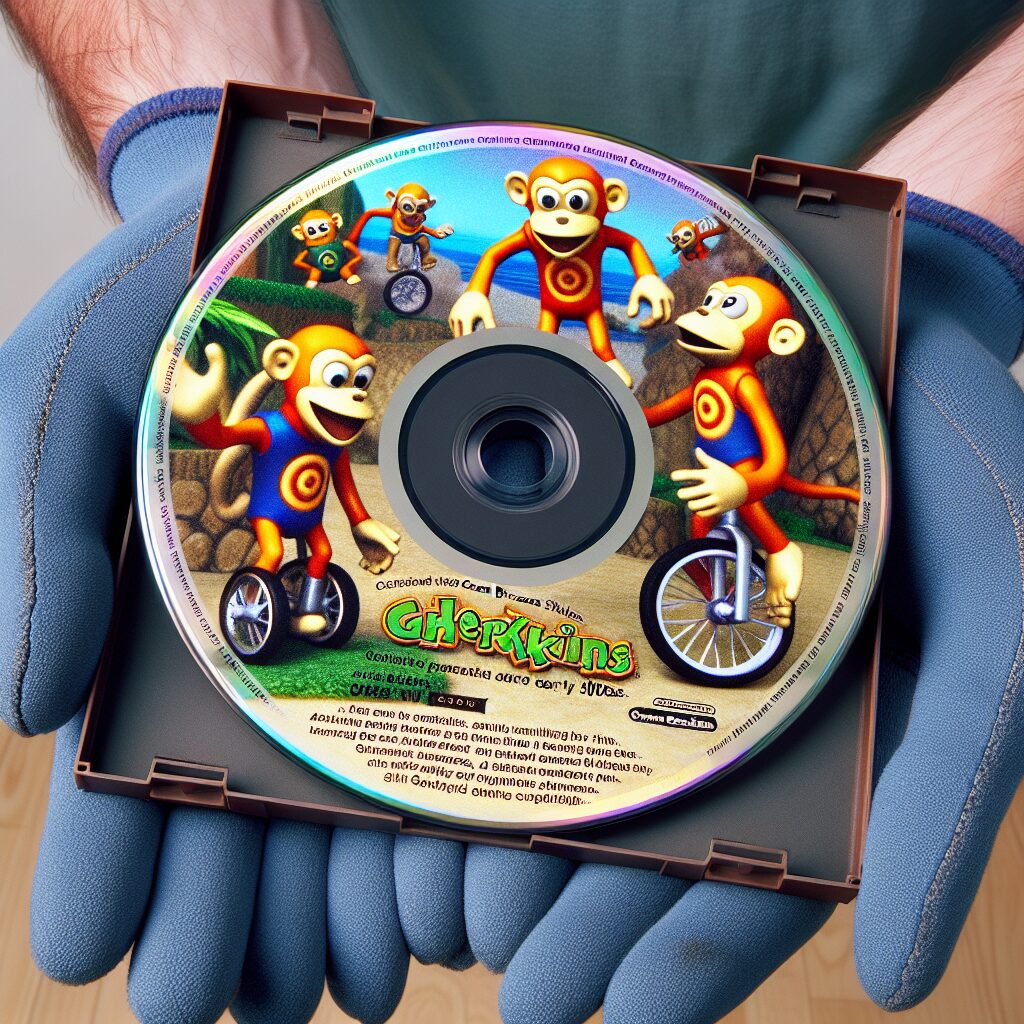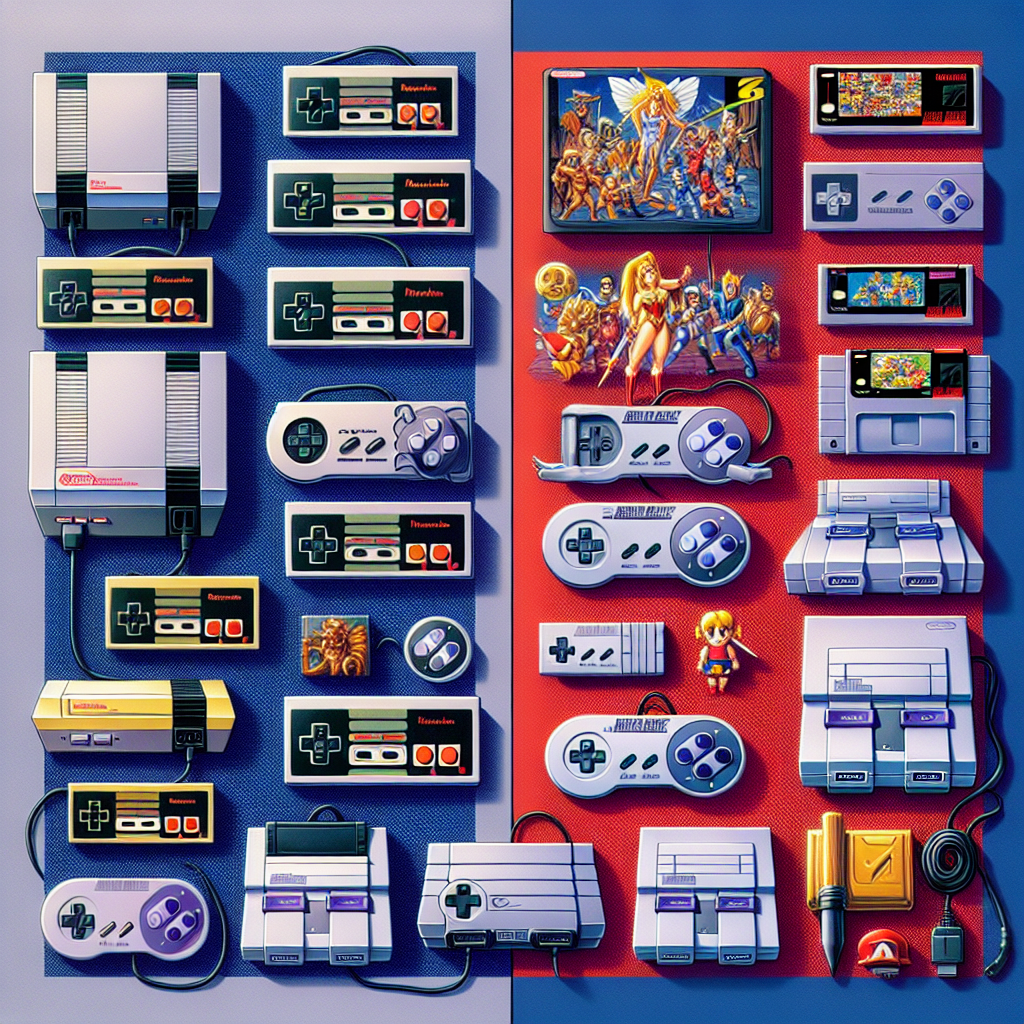Signs that Indicate It’s Time to Drop a Game
Knowing When To Drop A Game
In the vast world of gaming, there comes a time when even the most dedicated players must face a difficult decision: when to drop a game. It’s a decision that can be filled with mixed emotions, as we invest time, effort, and sometimes even money into our gaming experiences. However, there are certain signs that indicate it’s time to let go and move on to new adventures.
One of the most obvious signs that it’s time to drop a game is when it starts to feel like a chore rather than a source of enjoyment. Gaming should be a form of entertainment, a way to relax and have fun. If you find yourself dreading the thought of logging in or forcing yourself to play, it’s a clear indication that the game is no longer bringing you joy. Life is too short to spend time on something that doesn’t make you happy.
Another sign that it’s time to drop a game is when it becomes a drain on your resources. Many games today are designed to be addictive, enticing players to spend real money on in-game purchases. While it’s perfectly fine to support developers and enjoy some extra perks, it becomes a problem when the game starts to feel like a money pit. If you find yourself constantly spending more and more money just to keep up with the game’s demands, it’s a clear sign that it’s time to cut ties and find a more balanced gaming experience.
Furthermore, if a game starts to negatively impact your mental or emotional well-being, it’s definitely time to drop it. Gaming should be a form of escapism, a way to unwind and destress. However, some games can become toxic environments filled with negativity, toxicity, and even harassment. If you find yourself feeling anxious, frustrated, or upset after playing a game, it’s crucial to prioritize your mental health and step away from that toxic environment.
Additionally, if a game no longer challenges you or fails to provide new and exciting content, it may be time to move on. As gamers, we thrive on the thrill of overcoming challenges and exploring new worlds. However, if a game becomes repetitive, predictable, or stagnant, it can quickly lose its appeal. It’s important to recognize when a game has run its course and seek out new experiences that will reignite your passion for gaming.
Lastly, trust your gut instinct. Sometimes, you just know when it’s time to drop a game. Whether it’s a lack of interest, a change in personal preferences, or simply a feeling that you’ve gotten everything you can out of the game, your intuition is a powerful guide. Don’t be afraid to listen to that inner voice and make the decision that feels right for you.
In conclusion, knowing when to drop a game is a personal decision that requires careful consideration. Signs that indicate it’s time to let go include feeling like the game is a chore, it becomes a financial burden, it negatively impacts your mental well-being, it fails to provide new challenges or content, or simply trusting your gut instinct. Remember, gaming should be a source of joy and relaxation, so don’t hesitate to move on to new adventures when the time is right.
How to Evaluate Whether to Continue or Drop a Game
Knowing When To Drop A Game
Playing video games can be an exhilarating experience. The thrill of exploring new worlds, conquering challenges, and immersing oneself in a captivating storyline is what draws many gamers in. However, there comes a time when a game loses its charm, and the question arises: should I continue playing or drop it altogether? Evaluating whether to continue or drop a game is a crucial decision that requires careful consideration. In this article, we will explore some key factors to help you make an informed choice.
First and foremost, it is essential to assess your level of enjoyment. A game should be a source of entertainment and relaxation, not frustration and annoyance. If you find yourself constantly feeling irritated or bored while playing, it may be a sign that the game is no longer worth your time. Trust your instincts and listen to your gut feeling. If the game fails to captivate you or bring you joy, it might be time to move on.
Another factor to consider is the game’s difficulty level. While a challenging game can be rewarding, there is a fine line between a healthy challenge and an overwhelming one. If you find yourself repeatedly stuck at a particular level or unable to progress despite investing significant time and effort, it may be a sign that the game’s difficulty is unbalanced. A game should provide a sense of accomplishment and progression, not endless frustration. Dropping a game that is too difficult can save you from unnecessary stress and allow you to explore other games that better suit your skill level.
Furthermore, evaluating the game’s storyline and characters is crucial. A captivating narrative and well-developed characters can greatly enhance the gaming experience. If you find yourself uninterested in the story or disconnected from the characters, it may be challenging to stay engaged in the game. A lackluster storyline can make the gameplay feel monotonous and uninspiring. Consider whether the game’s narrative elements are compelling enough to keep you invested in the long run.
Additionally, the game’s technical aspects should not be overlooked. Glitches, bugs, and poor optimization can significantly hinder the overall experience. Constant crashes, long loading times, or unresponsive controls can quickly drain the enjoyment out of a game. While some technical issues can be fixed with updates, others may persist, making it difficult to fully immerse yourself in the game. If technical problems persist and hinder your ability to enjoy the game, it may be time to drop it and find a more polished alternative.
Lastly, consider the amount of time and money you have invested in the game. It can be challenging to let go of a game that you have spent countless hours playing or have invested a significant amount of money into. However, sunk cost fallacy should not dictate your decision. Continuing to play a game solely because of the time or money already invested is not a valid reason if the game no longer brings you joy. Remember, your time and money are valuable, and it is essential to prioritize your enjoyment and well-being.
In conclusion, evaluating whether to continue or drop a game is a personal decision that requires careful consideration. Assessing your level of enjoyment, the game’s difficulty, storyline and characters, technical aspects, and the investment of time and money are all crucial factors to consider. Trust your instincts and listen to your gut feeling. Remember, dropping a game that no longer brings you joy can open up new opportunities to explore other games that better suit your preferences and provide a more fulfilling gaming experience.
The Benefits of Letting Go: Why Dropping a Game Can Be a Positive Decision
In the world of gaming, there is often a sense of pride and determination that drives players to conquer every challenge that comes their way. From the moment they pick up a controller or sit down at a computer, they are consumed by the desire to succeed. However, there comes a time when every gamer must face a difficult decision: when to drop a game.
It may seem counterintuitive to abandon a game that you have invested so much time and effort into. After all, quitting is often seen as a sign of weakness or failure. But sometimes, letting go can be the best decision you can make for your gaming experience.
One of the main benefits of dropping a game is the ability to free up your time and energy for other pursuits. Gaming can be an incredibly time-consuming hobby, and it’s easy to get caught up in the never-ending cycle of trying to complete every game in your collection. But by letting go of a game that no longer brings you joy or satisfaction, you can open up space in your life for new experiences.
Another advantage of dropping a game is the opportunity to explore different genres and styles of gameplay. When you are constantly focused on one game, you may miss out on the chance to discover other games that could become new favorites. By letting go of a game that no longer holds your interest, you can open yourself up to a world of new possibilities.
Furthermore, dropping a game can also be a positive decision for your mental and emotional well-being. Gaming can be a source of stress and frustration, especially when you find yourself stuck on a particularly difficult level or unable to progress in the game. By letting go of a game that is causing you more stress than enjoyment, you can alleviate some of the pressure and find a sense of relief.
Additionally, dropping a game can also be a way to challenge yourself and push your boundaries as a gamer. It takes courage to admit that a game is not for you and move on to something else. By making the decision to drop a game, you are demonstrating a level of self-awareness and self-confidence that can be empowering.
Of course, knowing when to drop a game is not always an easy decision to make. It can be difficult to let go of something that you have invested so much time and effort into. But sometimes, the benefits of letting go outweigh the costs.
In conclusion, dropping a game can be a positive decision for a variety of reasons. It can free up your time and energy for other pursuits, allow you to explore new genres and styles of gameplay, improve your mental and emotional well-being, and challenge you to push your boundaries as a gamer. While it may be difficult to let go of a game, sometimes it is the best decision you can make for your gaming experience. So, the next time you find yourself stuck in a game that no longer brings you joy, have the confidence to drop it and embrace the benefits of letting go.





![Gameplay of “Shantae DS”Prototype, January 5 (2007) [Hidden Palace]](https://classic.codes/chronicle/wp-content/uploads/2024/03/849ce6858d9806c32c0a84c93251c354.jpg)
